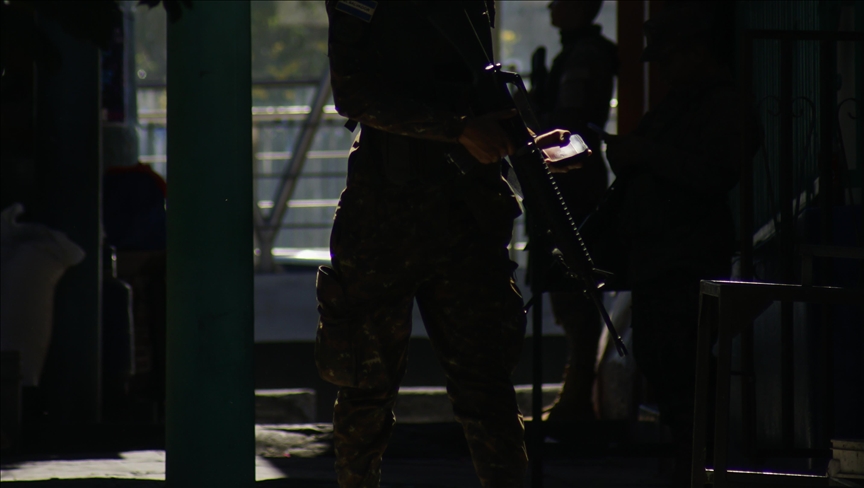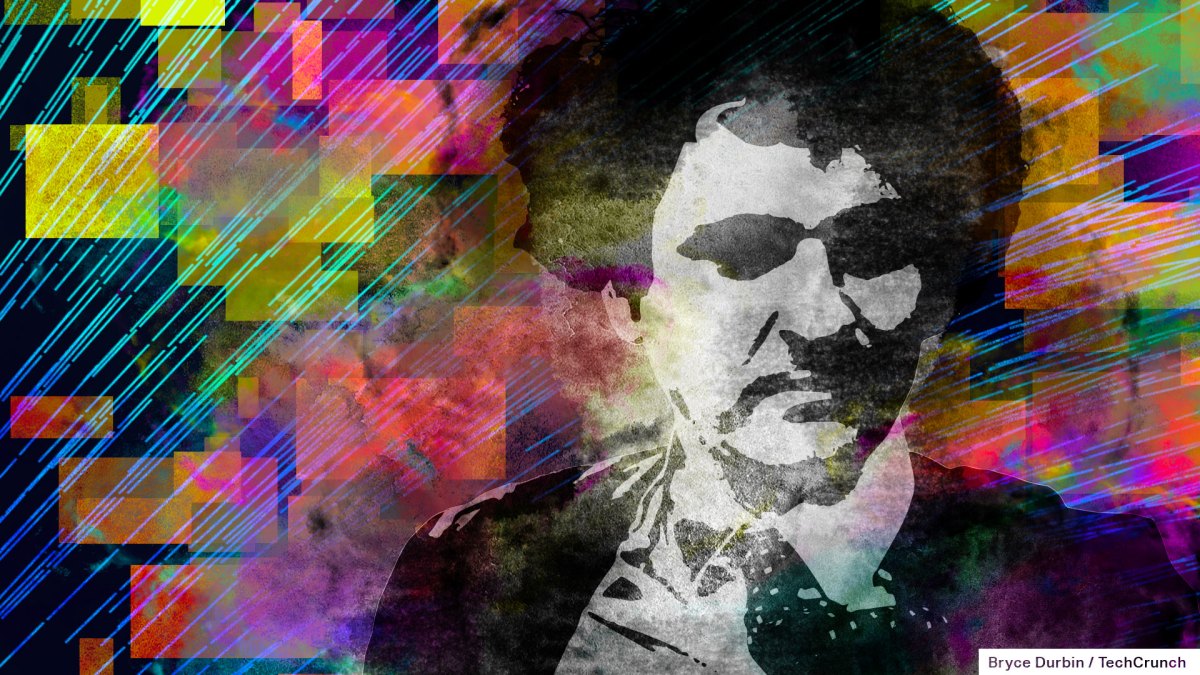Israel Kills 11 Palestinians In Gaza Incursion
"Six dead people and 13 wounded were brought to hospitals Wednesday," Moawya Hassanein, the director of the Health Ministry Emergency Unit, told IslamOnline.net.
He said the deaths include civilians shot dead during an Israeli incursion into Beit Lahia.
At least 30 Israeli military vehicles backed by bulldozers were seen rolling into Abrag Al-Nada area, witnesses said.
"The occupation soldiers opened intensive fire at random on the houses of the populated area, with bulldozers devastating farmlands around," local sources said.
At least 30 Palestinians were wounded, three of them seriously, in the Israeli incursion.
The deaths brought the overall death toll since the September 2000 start of the Palestinian Intifada against the Israeli occupation to3 ,919, including2 , 950Palestinians and 899 Israelis.
The Israeli radio said that occupation soldiers seized 26 buildings of the Palestinian Authority in the incursion.
Palestinian sources said the Israeli forces seized the Education Administration headquarters and turned it into a military barracks.
Five Palestinians were killed and 21 others wounded in the first day of the Israeli incursion into the north of the Gaza Strip.
Israeli military sources said troops had been deployed in the Beit Lahiya area after around 15 makeshift rockets were fired from the Gaza Strip and landed in Israel, wounding nine people and damaging property.
Ezzudin Al-Qassam Brigades, the armed wing of the Palestinian resistance movement Hamas, claimed responsibility for the rocket attacks that came two days after Israel extra-judicial execution of Hamas leader in the Gaza Strip.
Abdelaziz Rantissi was assassinated Saturday in an Israeli air strike that also killed at least two other Palestinians.
The assassination sparked a chorus of international condemnation with the exception of the United States, which said Israel "has the right to defend itself".
The brigades vowed "a volcano of revenge" in retaliation.
Meanwhile, international aid groups slammed Israel for hampering their work and failing to provide relief to occupied Palestinian areas.
"We have huge problems of employment, education, water and food but nobody is dying of hunger in the territories," Stephane Odeja, a legal adviser with the International Committees of the Red Cross (ICRC), told press conference.
"Humanitarian organizations cannot and should not act as substitute for occupying powers," said Odeja in reference to the Fourth Geneva Convention of 1949 that outlines civilians’ right of relief in times of war.



